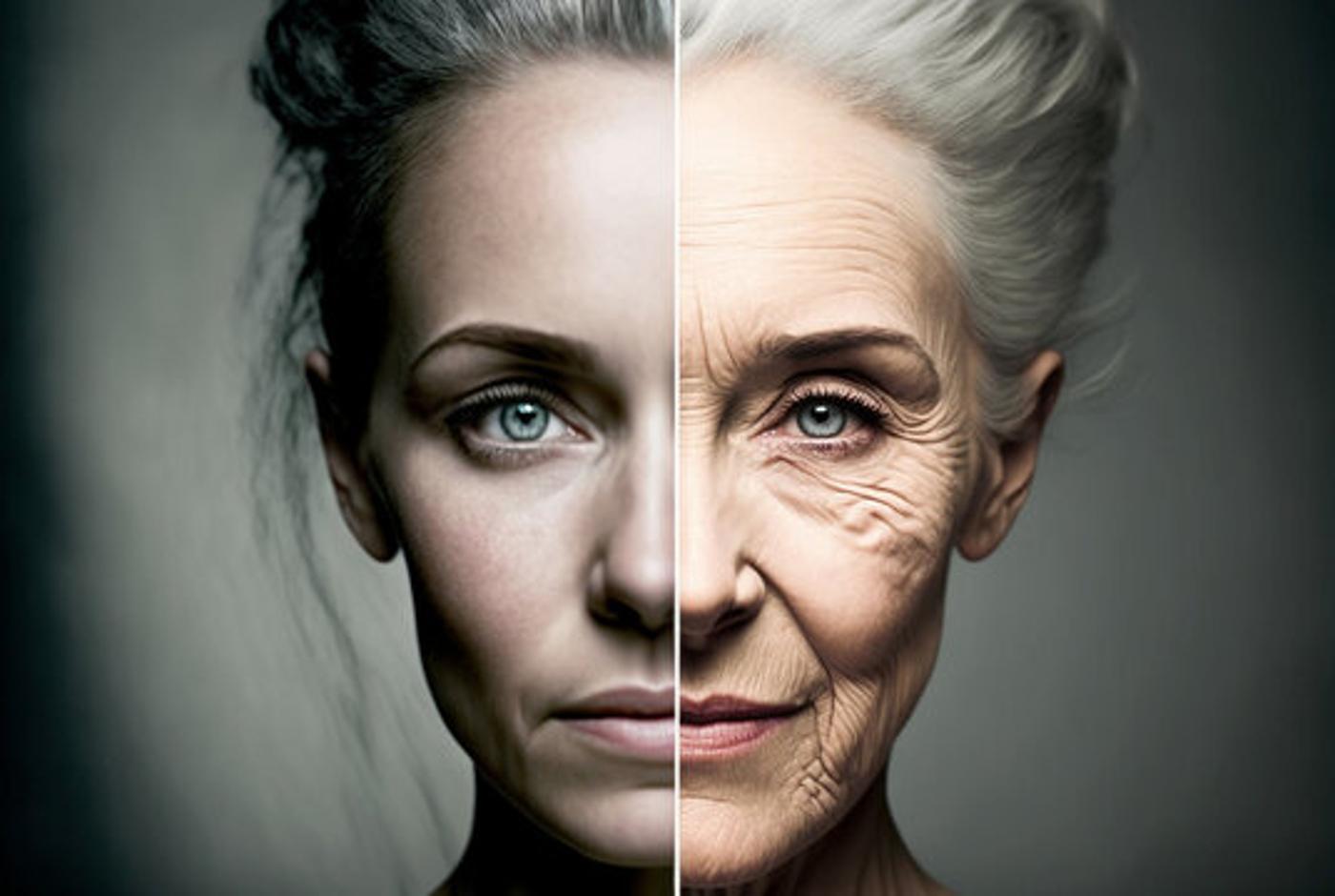The average global life expectancy has steadily increased over the past several decades, and experts believe it will continue to do so over the next century. And the seemingly ever-increasing life expectancy begs the question: How long can humans actually live?
A group of scientists in the Netherlands conducted an extensive study to answer that exact question, and what they found was incredibly interesting.
Scientists in the Netherlands Finally Discovered the Maximum Age for Human Beings

Statisticians from Tilburg and Rotterdam’s Erasmus University in the Netherlands collected data from more than 75,000 people who died within the country over the past 30 years.
With this information, they were able to determine the maximum age for humans; for women, the age ceiling is 115.7 years, whereas for men, it’s slightly lower at 114.1 years.
People Are Living Longer Than Ever

Scientists have long understood how to calculate the average life expectancy, though thanks to advancements in technology, their estimations have become increasingly accurate over the years.
In 1900, the average life expectancy was only 32 years, but by the end of the 20th century, that number had more than doubled. The global life expectancy was 66.8 years in 2000, and it has continued to increase every year since. As of 2024, the average is 73.33 years.
Humans Will Continue to Live Longer and Longer

According to detailed research, the average life expectancy for humans has increased every year for the past century. Therefore, one might assume that humans will continue to live longer lives every year for the next century.
They assume that by 2100, the global average will be 82.06 years, but it’s almost impossible to say how much more it will increase after that. However, projections actually show that the average human life expectancy will eventually plateau.
There Is a Limit to How Long Humans Can Live

Although, on average, people live much longer than they used to, there are still very few people who live past 100 years old.
As co-author of the study, Professor John Einmahl, explained, “On average, people live longer, but the very oldest among us have not gotten older over the last thirty years. There is certainly some kind of a wall here. Of course, the average life expectancy has increased. Nevertheless, the maximum ceiling hasn’t changed.”
There Have Been Exceptions to the Maximum Human Age

As previously mentioned, Professor Einmahl and his team noted that the maximum age for women is 115.7 years, and for men, it’s only 114.1 years. However, there have been a few exceptions to this rule.
Jiroemon Kimura lived for 116 years (1897-2013) in Japan, and Jeanne Calment of France lived for an almost unbelievable 122.5 years (1875-1997), making her the oldest person to ever live. Today, the oldest living person is Maria Branyas, who is currently 117.5 years old, and John Tinniswood is the oldest living man at almost 112 years old.
The Human Obsession With Longevity

The recent study conducted in the Netherlands is far from being the first of its kind. Humans are wildly interested in understanding how long we can live and even more importantly, what we can do to elongate our lives.
A recent Netflix documentary, Live to 100: Secrets of the Blue Zones, made headlines because it promised to explain how people around the world are living to be 100 years old. In several episodes, it is noted that there are “blue zones” around the world where many people have lived for longer than a century, and they all have a few things in common.
The “Secret” to a Long Life Isn’t Really a Secret

While the documentary is certainly interesting, it made it clear that the “secrets” to a long life aren’t really that complicated: It’s all about one’s physical and mental health.
Happy people surrounded by loved ones and communities who move their bodies every day and eat whole, unprocessed foods live much longer than those who don’t.
Living Forever Isn’t Always a Gift

Of course, it’s important to note that simply living the longest possible life isn’t always desirable; some people are quite afraid of growing old.
In order to actually enjoy living to or past 100, one needs to be healthy. Otherwise, the trials and physical pains of old age can make life extremely challenging.
Why Is Life Expectancy Increasing?

Fortunately, many people who are living well into their 80s, 90s, and even past 100 are experiencing healthy and happy final years.
And there are several reasons why life expectancy is increasing and why so many humans are now able to enjoy life for far longer than ever before. Improvements in living standards, public health, sanitation, and education, as well as significant medical advancements have all increased both expectancy and quality of life for billions of people.
Will Technology Make People Live Forever?

One question that many people ask is whether advancements in technology will eventually allow people to live much longer or even forever. According to the research, humans can only live to about 115 years old, even if technology advances far past what it is today.
That being said, there are certainly debates as to what constitutes “living.” A new technology known as “mind uploading” may mean that our brains can be transferred to a computer before we pass and essentially live on virtually forever.
Life Expectancy for the Next Generation

No one can say for sure what the future holds; however, according to the research we have today, the general consensus is that the global life expectancy average will reach 83 years by 2100, but (almost) all humans will still die before reaching 115 years old.
That means that Gen Zers and Gen Alpha, born between 1997 and 2010 and 2010 to 2024, respectively, will most likely live well into their 80s, and many will probably be centenarians.








































